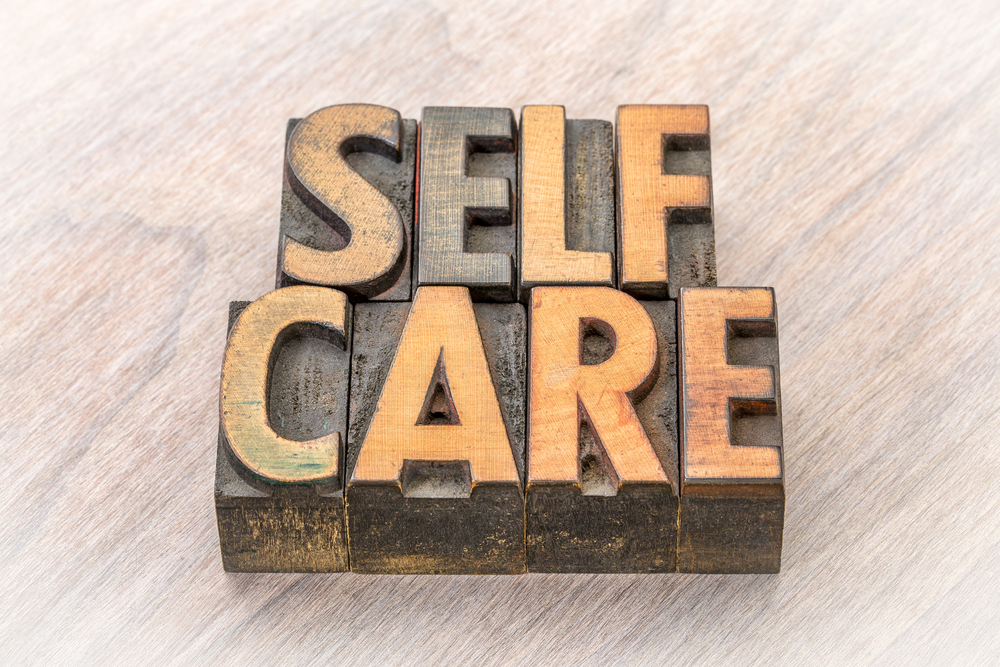Burnout busters for early childhood staff
Published on Tuesday, 28 August 2018
Last updated on Wednesday, 08 December 2021

There aren't many jobs as physically and mentally taxing as early childhood education and care, and at this time of the year it's easy to become stressed, run down and unwell.
Learning strategies to manage both the physical and mental strain of day-to-day life in early childhood is important for staying well and ensuring career longevity. It's hard though, with long hours, low pay rates and unavoidable exhaustion in the mind and body at the end of the week, staying well requires a positive and proactive approach and burnout is common.
What exactly is burnout?
Although it probably seems obvious, it can be difficult to identify true burnout as many people grumble and groan about work especially if they are tired. Burnout is more extreme than this, it is an overwhelming feeling of emotional, psychological and physical exhaustion, over an extended period of time. Burnout makes it difficult, if not impossible, to function and is significantly more than the feelings associated with a 'bad day'.
ChildCareLounge says it's the difference between feeling glad when Friday rolls around because you need a break and dreading going back to work on Monday.
To this end it's helpful to learn the tell-tale signs of burnout and to stay watchful for these signs in yourself and your colleagues so you can take steps to improve the situation and ensure children in your service continue to receive the highest levels of education and care.
Classic signs of burnout include:
- Irritability
- Lack of motivation
- Tiredness and fatigue
- Impatience
- A negative or resentful attitude toward colleagues, parents or children
- Stress related physical complaints such as muscle tension, headaches and or back aches
- Anxiety about work, which previously hasn’t been a problem
- Depression
- Isolation and social withdrawal
- Feeling helpless to change things
- Difficulty concentrating
- Increased reliance on drugs such as tobacco or caffeine
The number one rule for early childhood professionals to keep in mind is the importance of self-care, it's impossible to spend all day everyday looking after small children, processing paperwork and communicating with parents, if you don't take care of yourself.
Don't know where to start? You're not alone; it's hard to refocus on taking care of yourself when your job is taking care of other people! HiMama offers these tips:
- Know Your Stressors: Try to recognise the situations that cause you the most stress, as well as your body's unique stress signals such as feelings of anxiety or headaches. Knowing which things stress you out most and being able to identify when stress is coming on will help you be better prepared to cope.
- Take Plenty of Breaks: Even short breaks can re-energise you. Take frequent 5-minute breaks throughout the day if possible, stay hydrated, eat healthy snacks and give your mind a rest.
- Schedule "Me Time": Planning and scheduling time to do the things you love is essential to revitalise your spirit. Set out a block of time on a weekly basis to enjoy your hobbies, relax and read a book, work on a personal project or simply do nothing at all. The key is to break your routine and do something just for you.
- Look for the Positive: If you've had a particularly rough day, look to something positive to pick you up. Keep a book of inspirational quotes in your desk, or re-read kind notes and great feedback from parents and peers.
- Connect with Friends: Spending time with a good friend, family member, or even a pet can relieve stress. Your loved ones are there to support you and offer a safe place for you to express your feelings and frustrations. Remember that you are not alone!
- Get Moving: Physical activity is an excellent way to practice self-care as a child care professional. Whether you choose to run, dance, take a yoga class or just go for a walk, moving your body has many beneficial effects on both your emotional and physical wellbeing.
Related Articles

How to protect your back
Preventing back injuries among early educators.

High stress levels in early childhood workforce
Recent research from the UK demonstrates high stress levels among early educators, many who are considering quitting.

Protecting staff from parents who bully
Protecting your team of early educators from pushy and bullying parents.

